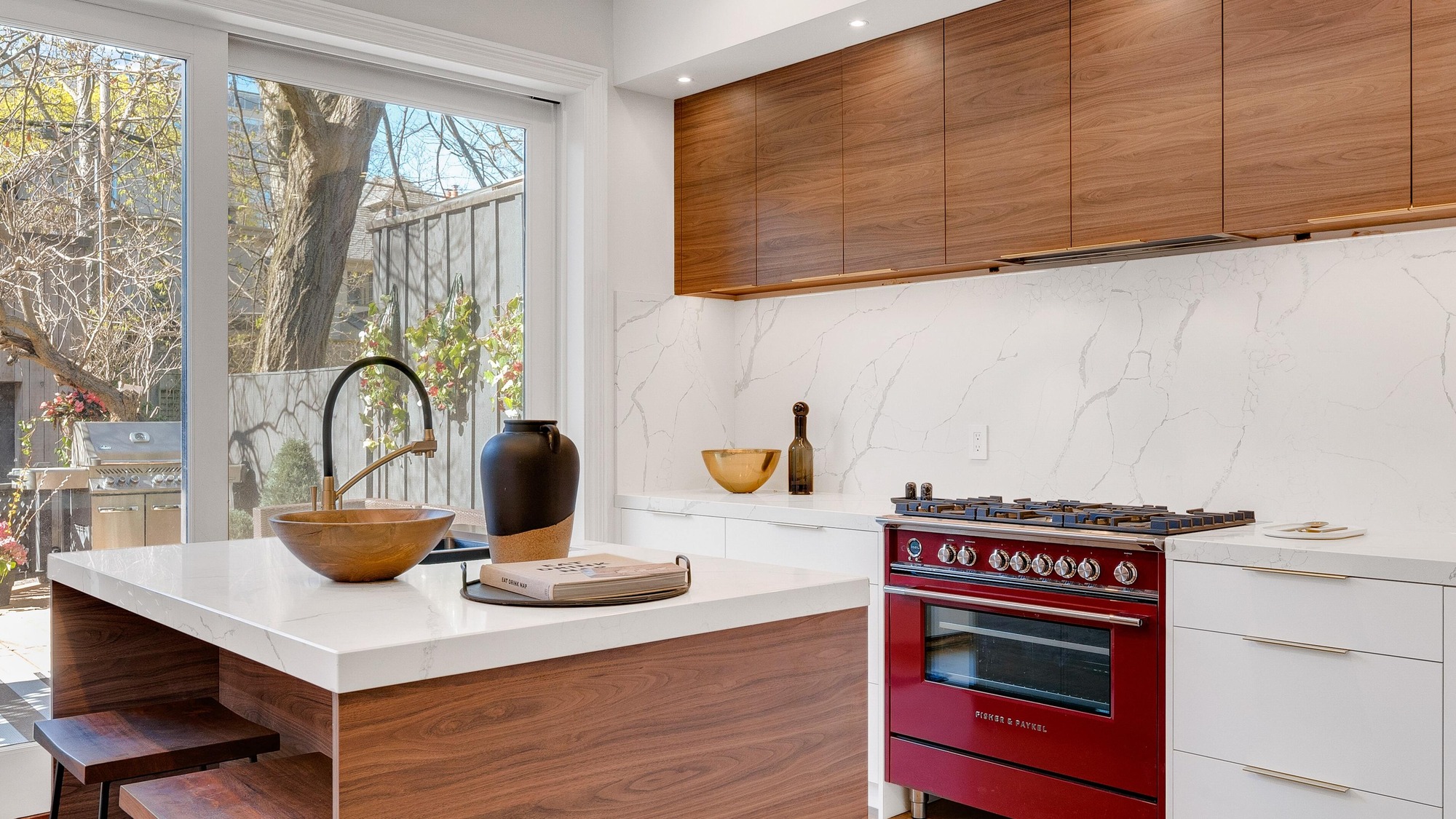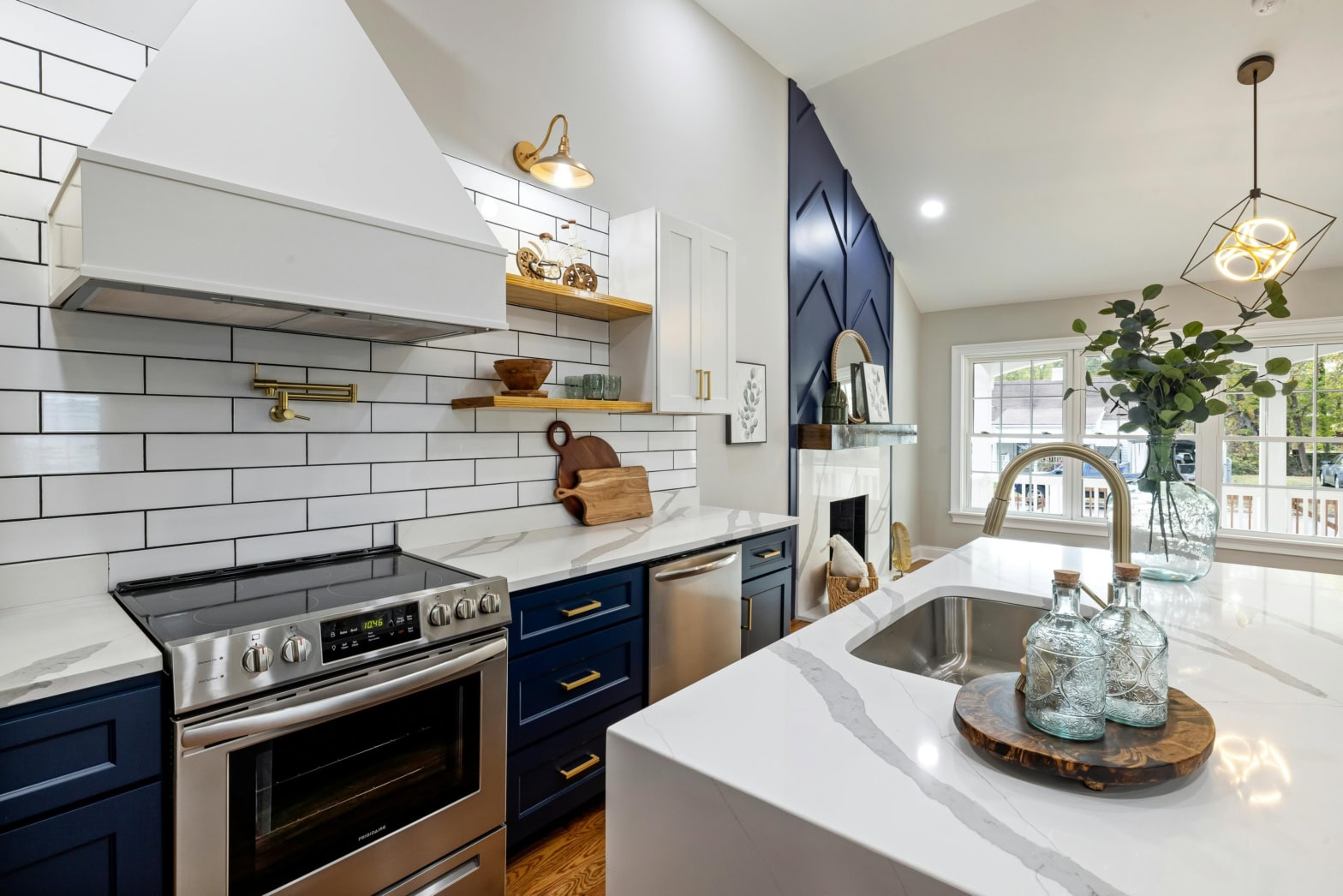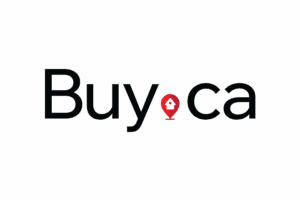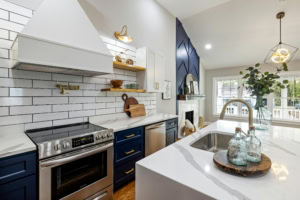There’s a hack for everything these days
Buying a home in Canada is a massive investment, and for most people it’s the biggest purchase they’ll make in their lives. Whether you consider your home as shelter or an investment is a subject of fierce debate, but what if it could be both? Introducing househacking, the new trend in real estate that’ll make your home work for you.
Even with the housing market cooling in 2022, affordability is a huge issue for many Canadians, especially those who live near urban centers like Toronto and Vancouver. Monthly mortgage payments, property taxes, insurance, and maintenance all add up and can make homeownership seem like an unattainable dream for some. That’s why Canadians are increasingly turning to house hacking to help them afford their homeownership dreams.
What is house hacking?
Simply put, house hacking is purchasing a home as your primary residence, and renting out a portion of the home to offset some of your expenses. The decision to buy a home to live in or as an investment property is a tough one to make for many, but if you decide to hack your home you can have your cake and eat it too. By renting out a basement, or a room in your house, you turn your biggest expense into an income-generating asset, allowing you to build equity on your home without it eating up your entire monthly budget. You don’t have to make it a permanent decision of course, for example you might rent out a room or two for only the first 5 years of your mortgage and use the money to pay off expenses until your career takes off and you value the space and privacy more than the income. In another situation, you might be the temporary resident, living in the basement while renting out the rest of your house, until later down the line you decide to move into another home and start renting out the basement as well, gradually building your real estate portfolio without ever having to pay rent yourself.
How to hack your home.
So how does house hacking work? There are many different ways you could do it and ultimately it comes down to your own budget and lifestyle. A common method that’s talked about online is to purchase a duplex, living in one unit and renting the other. It’s important to crunch the numbers and see what your monthly budget would look like, as the bigger the property you buy the more expensive it will likely be.
Another option is to purchase a home with a furnished basement and rent that out as a unit. You’ll need to check in your specific municipality the rules around renting a suite like this, for example you may need a separate entrance or two by law.
Yet another option that’s popular is to live in the basement yourself until your budget allows you to move into another place. You could also rent out individual rooms in your home as it’s becoming increasingly popular to do among rising prices in the cities. Make sure you’re okay with having roommates if that’s the route you plan to go!

An example of house hacking
I know plenty of people who’ve done some form of house hacking to help them afford the expenses of homeownership or as a way to build their real estate portfolio. Here’s how house hacking worked for a family friend of mine who now owns 2 detached homes in the GTA.
First, she purchased a one story home with a finished basement for $650,000 and moved into the basement, renting out three rooms on the first floor to students of a nearby university.
4 years later, her financial situation changed and she decided to move her family up to the first floor and rent out the basement. She made less from rental income this way, but she could afford the extra expenses for the extra comfort. 2 years after that, she purchased a bungalow nearby and has moved in with her family, renting out the entire first home to students.
The rental income from her first home helps her pay the expenses and part of the mortgage on her new home, and when her mortgage is paid off she will have quite the retirement portfolio if housing prices in Toronto continue their trend of the past few decades.
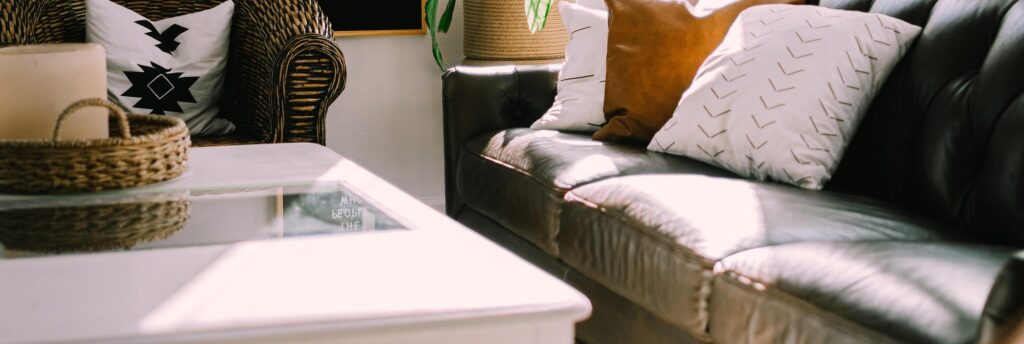
The downsides of house hacking
It’s not all sunshine and rainbows in homeownership however and there are a few downsides to house hacking to consider. First, obviously you’ll need to be comfortable being a landlord and managing tenants, which could mean dealing with maintenance, repairs, and more. If you aren’t a DIY kind of person you’ll have to pay extra to get that work done and you never know if a tenant will take as good care of your home as you would. Being a landlord comes with its own host of headaches and responsibilities like extra work during tax season and research into your area’s regulations. Some cities might not allow basement rentals, and there are usually limits to how many rooms you can rent out in a home of a certain size.
If you’re planning your budget and want to see what you can afford, check out our mortgage qualifier tool to see what you could buy in your city.
 Alex
Alex